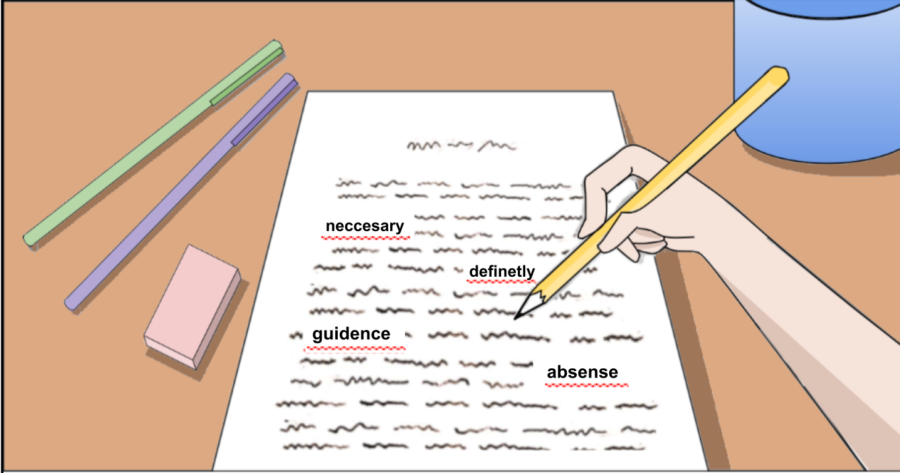It is inevitable that during the past year of online schooling, when most writing assignments were online, students’ spelling abilities have declined because of corrective writing applications.
Students have advanced tools such as spellcheck, autocorrect and even writing programs like Grammarly that exist to fix the most subtle mistakes.
Evidently, the ability to spell declines among every passing generation, as cited by a 2012 BBC article that surveyed 2,000 people, the majority of whom used spellcheck. Two-thirds of the participants could not correctly spell commonly used words such as “necessary,” and one-third incorrectly spelled “definitely.”
Such a decline in fundamental writing skills, combined with research showing the detriments of being unable to spell, points to a larger problem that looms ahead: the failure to communicate effectively and an over-reliance on technology to construct complex ideas.
Research conducted in 1999 by Steve Graham, an editor of the Journal of Educational Psychology, shows the clear correlation between poor spelling skills and interference with the cognitive writing process.
As misspelling is exacerbated by use of autocorrect technology, students will be greatly hindered in today’s educational environment, which emphasizes coherency and clarity as a point of evaluation in writing for both online and physical exams.
Furthermore, a 2008 study conducted for College Composition and Communication, an academic association of writing instructors, indicates that autocorrect commonly contributes to the incorrect usage of proper nouns, capitalization, punctuation and spelling.
Misspelling alone may not cripple the modern student’s rhetorical ability, but with the addition of all other grammatical errors aggravated by corrective programs, communication becomes actively inhibited.
The consequences of poor spelling for students extends beyond bad grades and test scores; it affects the very security of their futures.
For the career oriented academics, a 2017 study from the academic journal Business and Professional Communication Quarterly discovered the perceived potential of applicants severely declined with spelling mistakes. Applicants with little to no mistakes were evaluated to be more competent in their skill set than applicants with mistakes but with the same qualifications.
If high school as an institution intends to prepare its students for success beyond its walls, it must stress the importance of proper spelling in its curriculum. An article by The Washington Post indicates that most schools have dropped the spelling from its curriculum following common core. By reintegrating its teaching back into English courses and enforcing stricter standards of accuracy on tests and essays, the negative effects of corrective programs can be curved.
Proponents of autocorrect may hold the sentiment that technology today is reliable enough to spend less time learning how to spell. However, corrective writing programs cannot substitute for foundational writing skills, like correct word choice in terms of our diction, and instead generally worsen errors in grammatical construction, as stated by a University of California, Berkeley professor and linguist Geoffrey Nunberg.
Another argument some students make against high school teachers spending too much time on teaching how to spell includes the idea that the skill is no longer tested or important in academic and professional settings. On the contrary, research in 2021 for the academic journal Educational Psychology Review reveals that spelling continues to be holistically evaluated in test writing samples, and it influences the perception of the writer’s competence.
Spellcheck technology is convenient and provides a quick alternative to taking the time to memorize grammatical rules and a plethora of commonly misspelled words. However, the implications of using such tools run much deeper than not knowing how to spell as it affects critical thinking, writing skill and even desirability in higher education and the workforce.
The red line that appears under the text on a screen should serve as warning to students — not as an indication for a misspelled word, but as a sign of the price a student must pay the next time he or she chooses to take the easy way out.
This story was originally published on The Accolade on October 19, 2021.

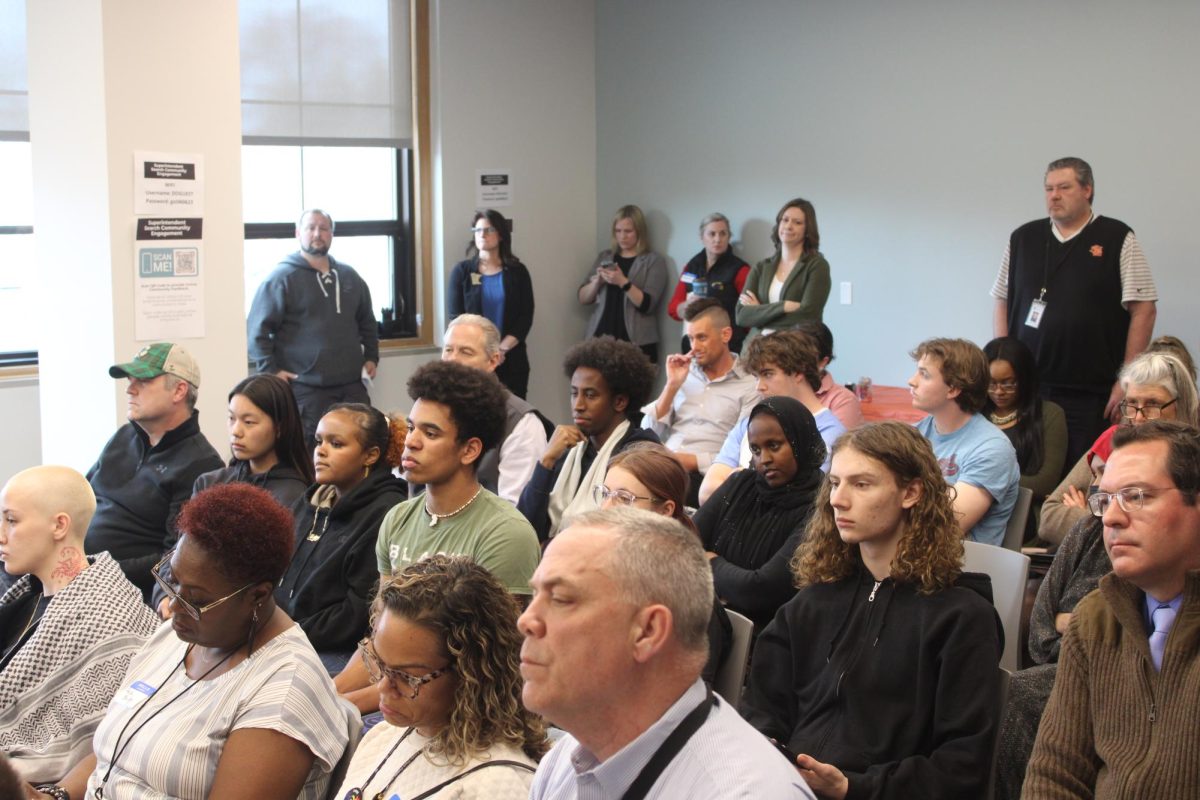

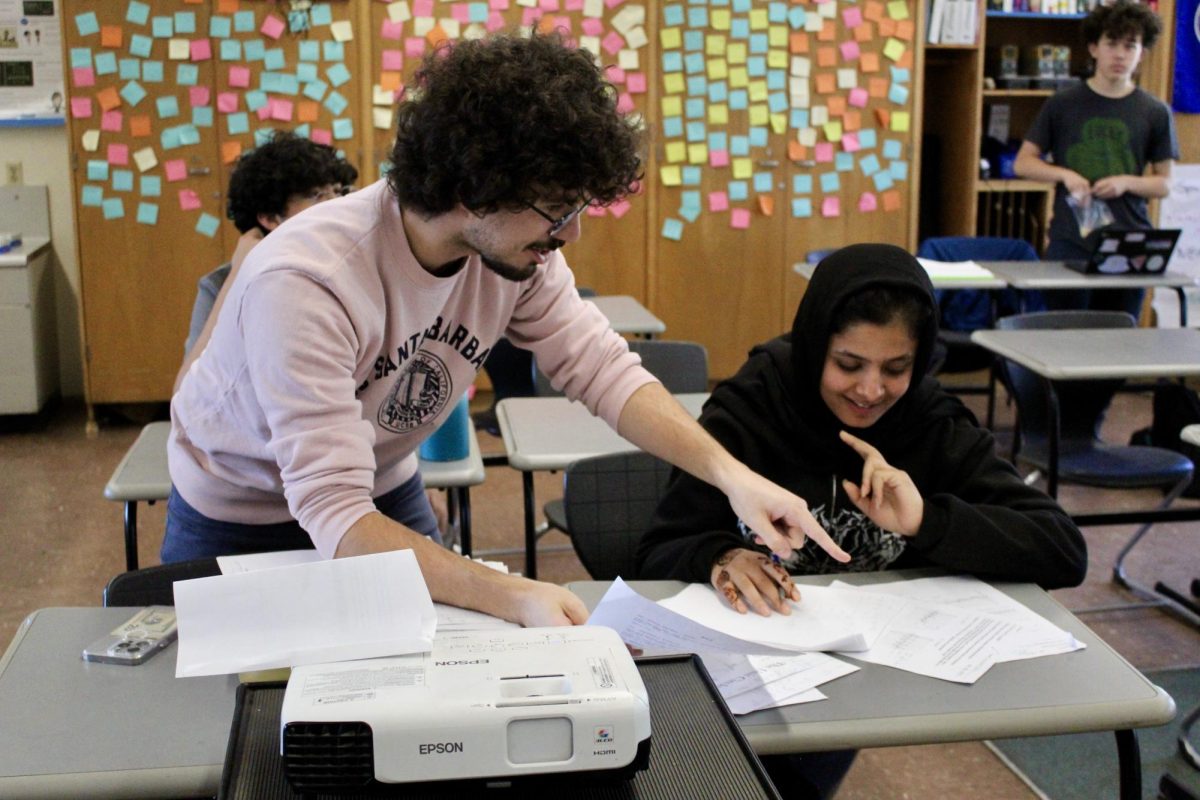
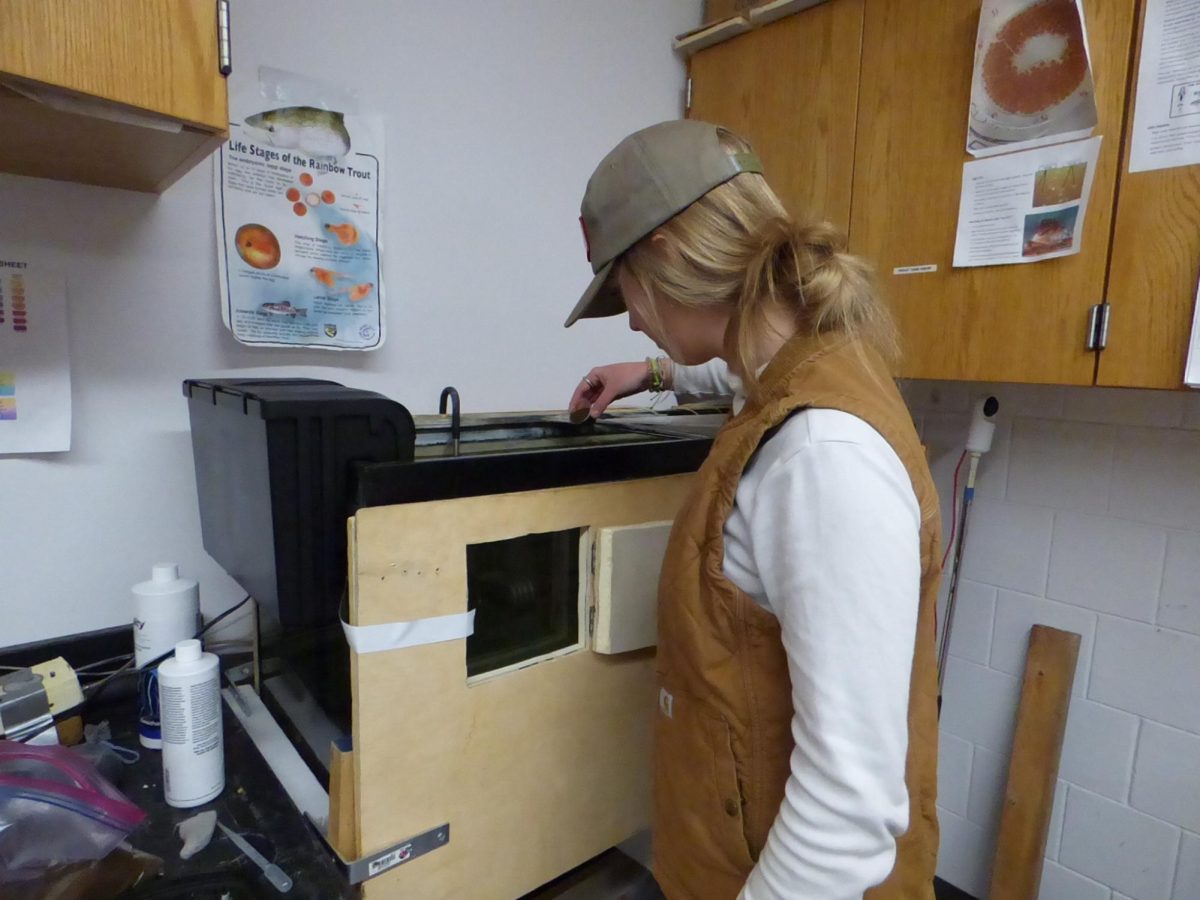


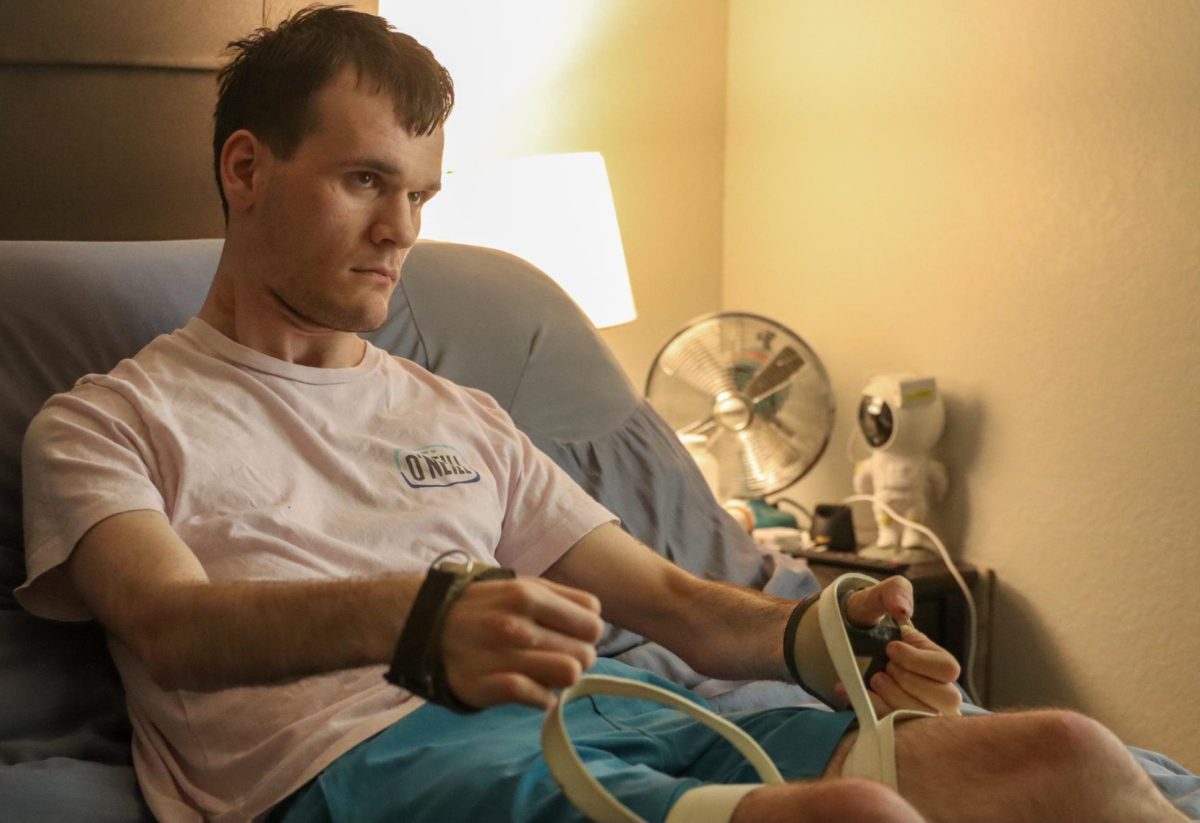



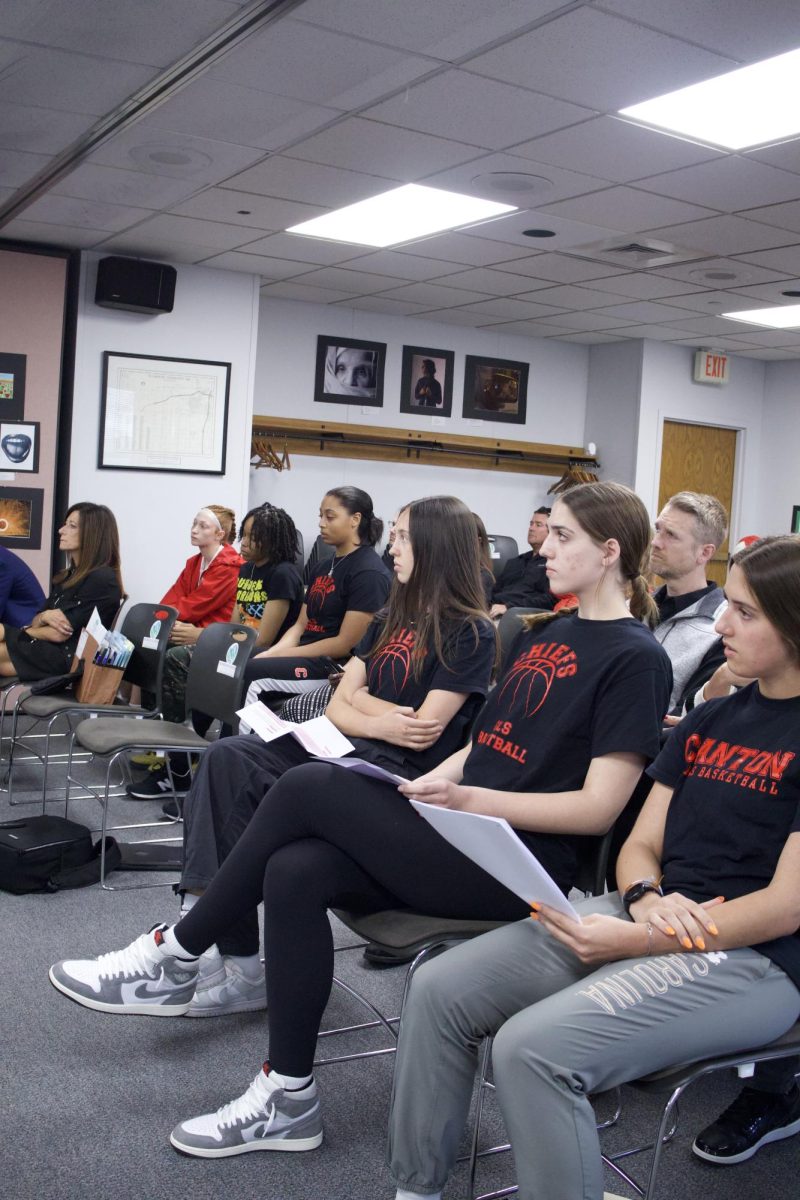

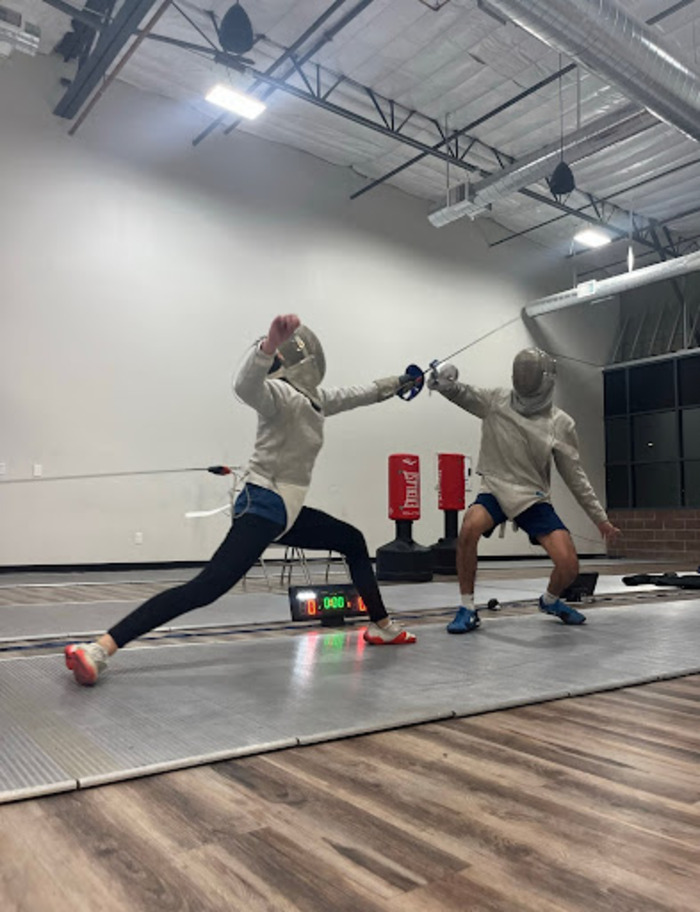

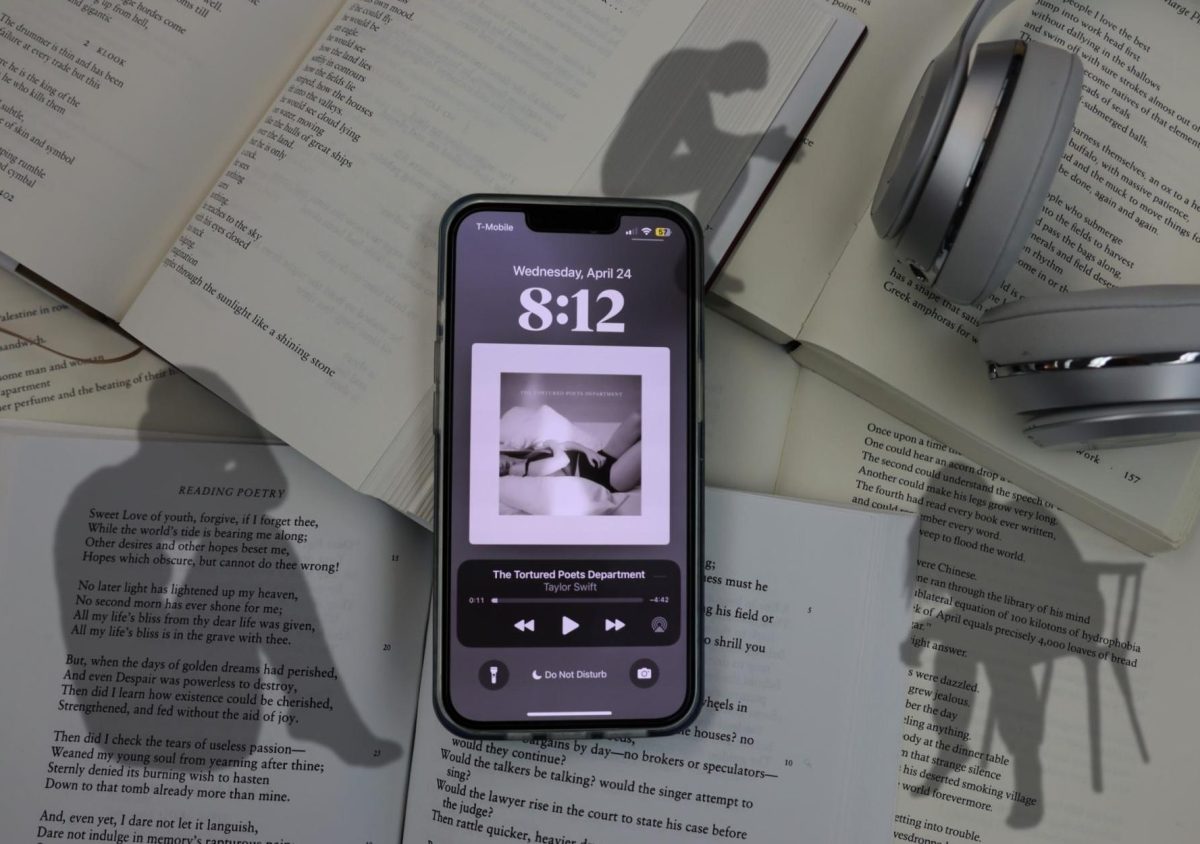














![IN THE SPOTLIGHT: Junior Zalie Mann performs “I Love to Cry at Weddings,” an ensemble piece from the fall musical Sweet Charity, to prospective students during the Fine Arts Showcase on Wednesday, Nov. 8. The showcase is a compilation of performances and demonstrations from each fine arts strand offered at McCallum. This show is put on so that prospective students can see if they are interested in joining an academy or major.
Sweet Charity originally ran the weekends of Sept. 28 and Oct. 8, but made a comeback for the Fine Arts Showcase.
“[Being at the front in the spotlight] is my favorite part of the whole dance, so I was super happy to be on stage performing and smiling at the audience,” Mann said.
Mann performed in both the musical theatre performance and dance excerpt “Ethereal,” a contemporary piece choreographed by the new dance director Terrance Carson, in the showcase. With also being a dance ambassador, Mann got to talk about what MAC dance is, her experience and answer any questions the aspiring arts majors and their parents may have.
Caption by Maya Tackett.](https://bestofsno.com/wp-content/uploads/2024/02/53321803427_47cd17fe70_o-1-1200x800.jpg)
![SPREADING THE JOY: Sophomore Chim Becker poses with sophomores Cozbi Sims and Lou Davidson while manning a table at the Hispanic Heritage treat day during lunch of Sept 28. Becker is a part of the students of color alliance, who put together the activity to raise money for their club.
“It [the stand] was really fun because McCallum has a lot of latino kids,” Becker said. “And I think it was nice that I could share the stuff that I usually just have at home with people who have never tried it before.”
Becker recognizes the importance of celebrating Hispanic heritage at Mac.
“I think its important to celebrate,” Becker said. “Because our culture is awesome and super cool, and everybody should be able to learn about other cultures of the world.”
Caption by JoJo Barnard.](https://bestofsno.com/wp-content/uploads/2024/01/53221601352_4127a81c41_o-1200x675.jpg)





